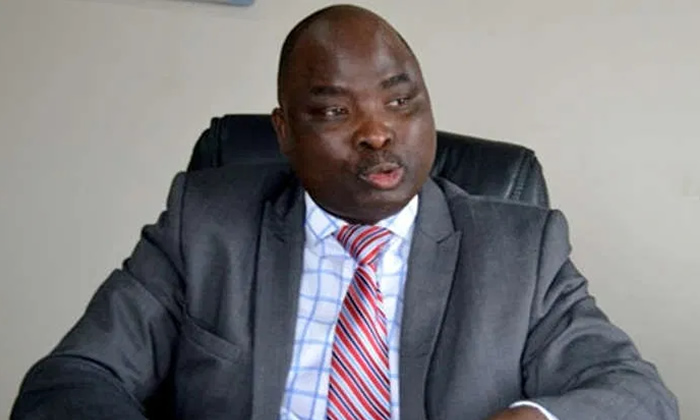Electricity distribution companies across Nigeria have raised the alarm over growing consumer resistance to bill payments following the recent tariff cut by the Enugu State Electricity Regulatory Commission, warning that the move threatens to destabilise the country’s fragile power sector.
The Discos disclosed that since EERC announced a reduction in Band A tariffs from N209 per kilowatt-hour to N160/kWh, customers in other states have begun to demand similar cuts, with some outrightly refusing to pay their electricity bills.
In a statement made available to our correspondent on Thursday, the Chief Executive Officer of the Association of Nigerian Electricity Distributors, Sunday Oduntan, said, “Since the release of the tariff order by EERC for Enugu State residents, the electricity distribution companies in other states have come under intense pressure and scrutiny also to reduce tariffs, while some customers have taken a position that they will no longer pay their electricity bills until tariffs are reduced.”
While acknowledging the desire for more affordable power, the Discos stressed that electricity tariffs remain cost-reflective and are tied to broader national economic conditions.
“Permit us to establish the fact that as service providers, it is our hope and desire that the electricity tariff at some points should begin to go down with time.
“It is not our intention to make life difficult for our loyal customers, and we have been aligning with the Federal Government to ensure the provision of a stable power supply.
“However, the cost reflective tariff is a result of the economic realities of our nation,” they explained.
They criticised the EERC for proceeding without proper coordination with the Nigerian Electricity Regulatory Commission and other market players, warning that such actions create confusion among customers and distort the market.
“The tariff reduction by the Enugu State Electricity Regulatory Commission, without adequate coordination with NERC and other participants, raises significant concerns for the stability and liquidity of the power sector,” the statement read.
The Discos noted that the tariff slash relied heavily on the Federal Government’s subsidy policy to crash prices, but cautioned that unfunded or delayed subsidies had already crippled parts of the value chain.
“Subsidies must be transparently structured and promptly funded. Otherwise, they create cashflow disruptions and undermine market confidence,” the group said.
Referencing the Minister of Power, Bayo Adelabu, the Discos reiterated that any state choosing to reduce tariffs must also be prepared to fund the resulting subsidy.
Oduntan also warned that current delays in electricity subsidy payments have left power generation companies and gas suppliers with almost N5tn in unpaid invoices, creating a ripple effect that endangers the national power supply.
They urged greater coordination between the Federal Ministry of Power, NERC, and state regulators to ensure policy coherence, adding that many States are already unable to bear additional financial burdens due to harsh economic conditions.
“While the goal of making electricity more affordable is shared by all, it must be pursued in a manner that preserves the financial health of the market,” Oduntan stated
He concluded with a call for policy alignment across federal and state levels; a fully funded, transparent subsidy framework; and timely subsidy disbursements to ensure continued power supply.
He warned that unless urgent steps are taken, public resistance to payment, sparked by uncoordinated tariff actions, could jeopardise efforts to build a stable and investor-friendly electricity market in Nigeria.
Meanwhile, the EERC clarified that its recent tariff cut did not tamper with the prevailing cost of power generation in the country in any way.
The commission maintained that, based on MainPower’s costs, there was no justification to keep the price of electricity for Band A at N209/kWh in the state.
In a statement by EERC’s Commissioner for Electricity Market Operations, Reuben Okoye, the agency maintained that although it inherited the current tariff regime, “the commission is focused on developing a sub-national electricity market that is transparent, accountable, reliable and sustainable and therefore will review utility costs of service to achieve its mandate to the people of Enugu.
EERC further clarified, “The Order is for MainPower’s operation in Enugu State. It does not affect electricity services in other states, between states and across the country. The cost of delivering electricity from the national Grid to MainPower via EEDC has been accommodated in full. We did not tamper with that cost at all in our tariff determination, but rather adopted it.
“Our order ensures that MainPower recovers all its efficient costs and makes a reasonable return in its business of providing electricity services to citizens of Enugu State. Considerations and reconsiderations of the MainPower tariff application and data still present the same outcome that ensures full payment of invoices to all parties.”




